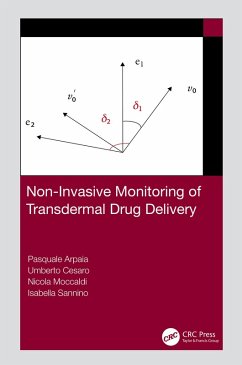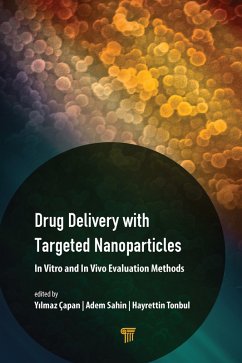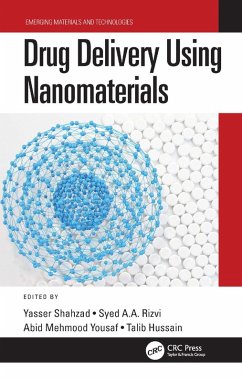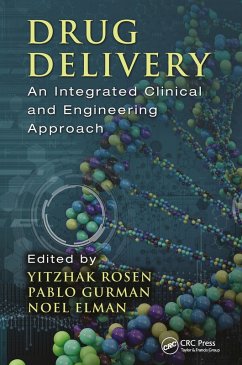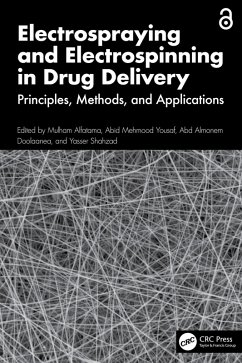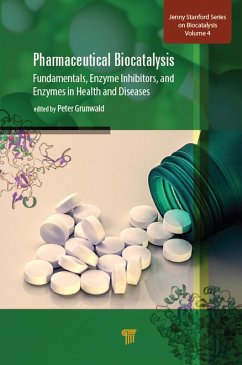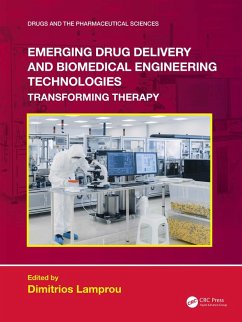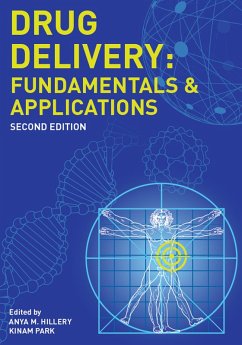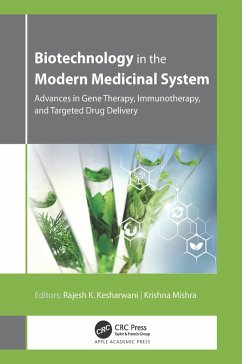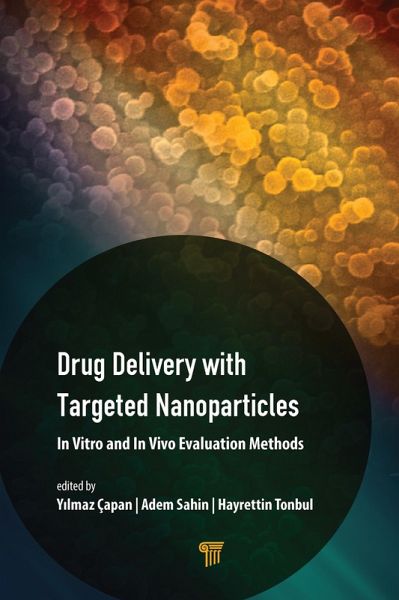
Drug Delivery with Targeted Nanoparticles (eBook, PDF)
In Vitro and In Vivo Evaluation Methods
Redaktion: Çapan, Yilmaz; Tonbul, Hayrettin; Sahin, Adem
Versandkostenfrei!
Sofort per Download lieferbar
375,95 €
inkl. MwSt.
Weitere Ausgaben:

PAYBACK Punkte
188 °P sammeln!
Nanotechnology has the potential to change every part of our lives. Today, nanotechnology-based products are used in many areas, and one of the most important areas is drug delivery. Nanoparticulate drug delivery systems not only provide controlled delivery of drugs and improved drug solubility but also improve drug efficiency and reduce side effects via targeting mechanisms. However, compared with conventional drug delivery systems, few nanoparticle-based products are on the market and almost all are nontargeted or only passively targeted systems. In addition, obtaining targeted nanoparticle ...
Nanotechnology has the potential to change every part of our lives. Today, nanotechnology-based products are used in many areas, and one of the most important areas is drug delivery. Nanoparticulate drug delivery systems not only provide controlled delivery of drugs and improved drug solubility but also improve drug efficiency and reduce side effects via targeting mechanisms. However, compared with conventional drug delivery systems, few nanoparticle-based products are on the market and almost all are nontargeted or only passively targeted systems. In addition, obtaining targeted nanoparticle systems is quite complex and requires several evaluation mechanisms. This book discusses the production, characterization, regulation, and currently marketed targeted nanoparticle systems in a broad framework. It provides an overview of targeted nanoparticles' (i) in vitro characterization, such as particle size, stability, ligand density, and type; (ii) in vivo behavior for different targeting areas, such as tumor, brain, and vagina; and (iii) current advances in this field, including clinical trials and regulation processes.
Dieser Download kann aus rechtlichen Gründen nur mit Rechnungsadresse in A, B, BG, CY, CZ, D, DK, EW, E, FIN, F, GR, HR, H, IRL, I, LT, L, LR, M, NL, PL, P, R, S, SLO, SK ausgeliefert werden.




